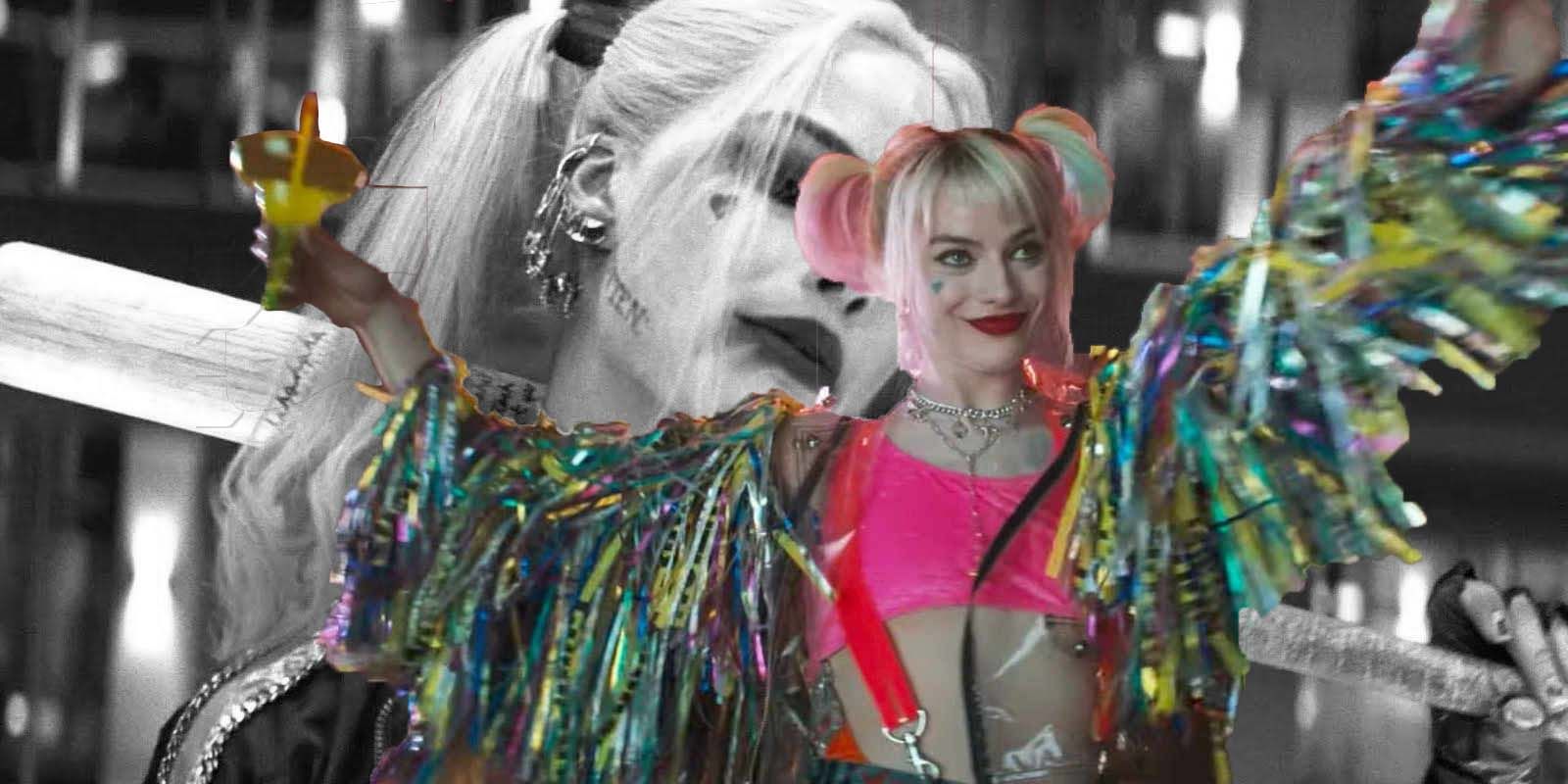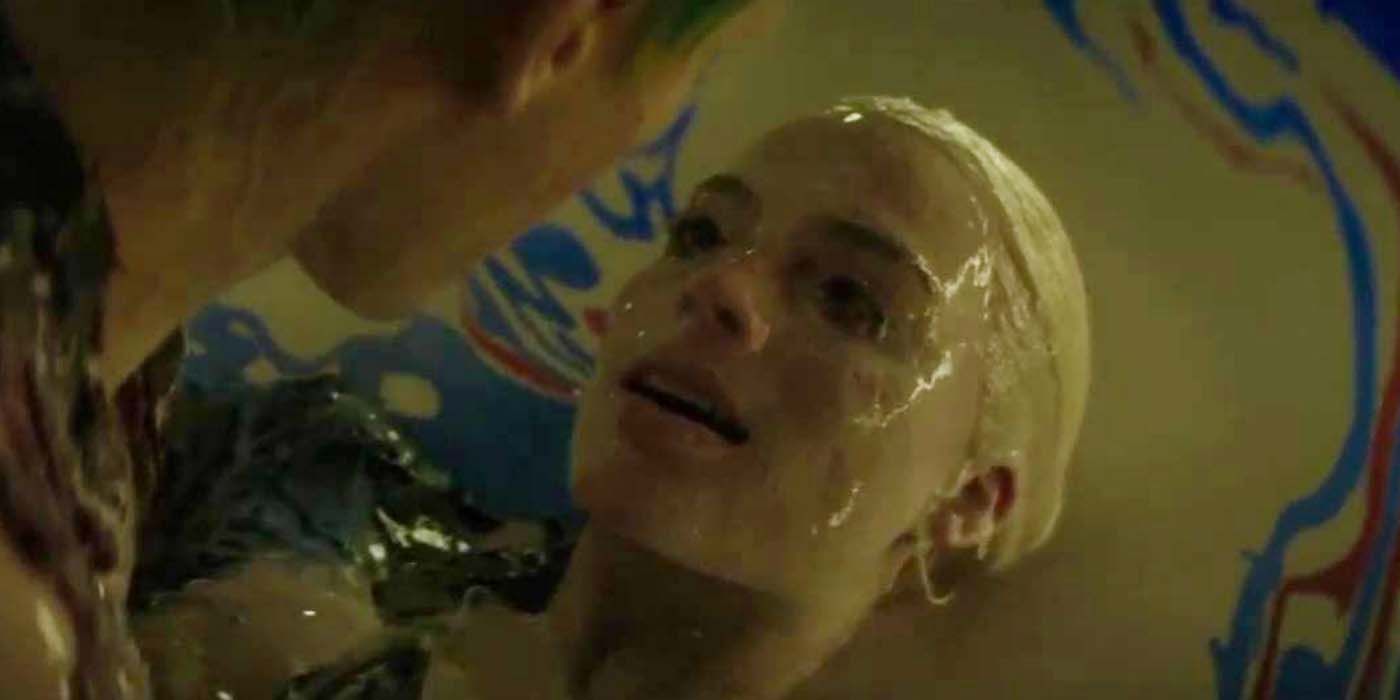
Cathy Yan's Birds of Prey gave Harley Quinn a better origin story than David Ayer's Suicide Squad. Created in 1992 as a background character in Batman: The Animated Series, Harley Quinn has become one of DC's most recognizable icons. By 2016, DC Comics publisher Jim Lee was openly calling her DC's "fourth pillar," considering her as significant as Batman, Superman, and Wonder Woman.
The last few years have raised Harley Quinn's profile to new heights. The character was played by Margot Robbie in Suicide Squad; while that film wasn't exactly a critical success, Robbie's portrayal was lauded. Given Harley's reception, it was hardly a surprise when DC Films announced Harley would be starring in spinoffs such as Birds of Prey and Gotham City Sirens. What was pleasantly surprising, however, was the fact they chose to hire Cathy Yan as director for the first spinoff. Yan put in a great deal of effort correcting problems from Suicide Squad, including abandoning pandering to the male gaze.
The opening scenes of Birds of Prey retold Harley Quinn's origin story. This is actually quite a surprising decision; after all, that had already been told in Suicide Squad, and Birds of Prey reuses some of the key footage. But Yan wanted audiences to recontextualize Harley's story, to understand her in a different way. Suicide Squad defined Harley by her relationship with the Joker; in contrast, Birds of Prey told Harley's entire life-story, incorporating the Joker into it as merely another part of the narrative. The film presents Harley Quinn as a vulnerable, somewhat academic girl whose heart had been broken too many times and who as a result was wide open to listening to the Joker's lies.

Although Birds of Prey recycled footage from Suicide Squad, it did so in an abbreviated form, carefully excising the Joker from it. The implication was clear: this was to be understood as Harley Quinn's story, not the Joker's. While the Clown Prince of Crime would undoubtedly exert a profound influence over Harley's life, she did not simply exist as an adjunct to his existence, but rather had agency and meaning in her own right.
This issue strikes at the heart of Suicide Squad's weird portrayal of the relationship between Harley Quinn and the Joker. Poor editing decisions left that relationship somewhat ambiguous; while the Joker was clearly abusive, he actually seemed to genuinely care about Harley. The worst scenes - the ones that presented the Joker as a true monster and had been shown in Suicide Squad's trailers - were all cut. In contrast, Birds of Prey doesn't pretend that the romance was ever real. The Joker's ardor cools suddenly and predictably, and Harley Quinn is tossed out on the street. There, she must reframe her own story, just as Cathy Yan already has done in retelling her origin; she must come to realize that she is more than just the Joker's sidekick and lover.
from ScreenRant - Feed https://ift.tt/2OZ3ovc





No comments: